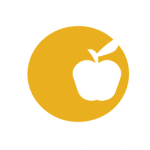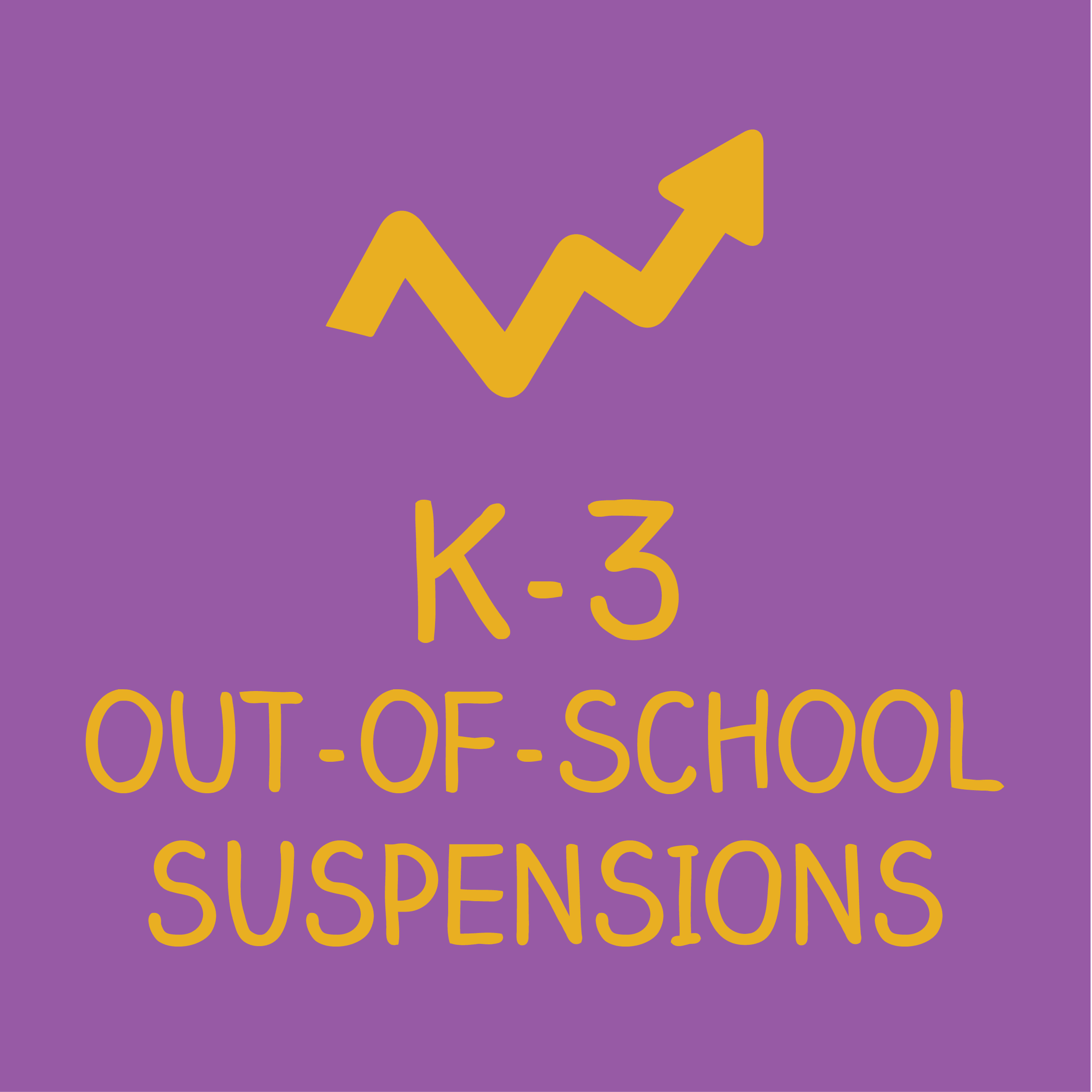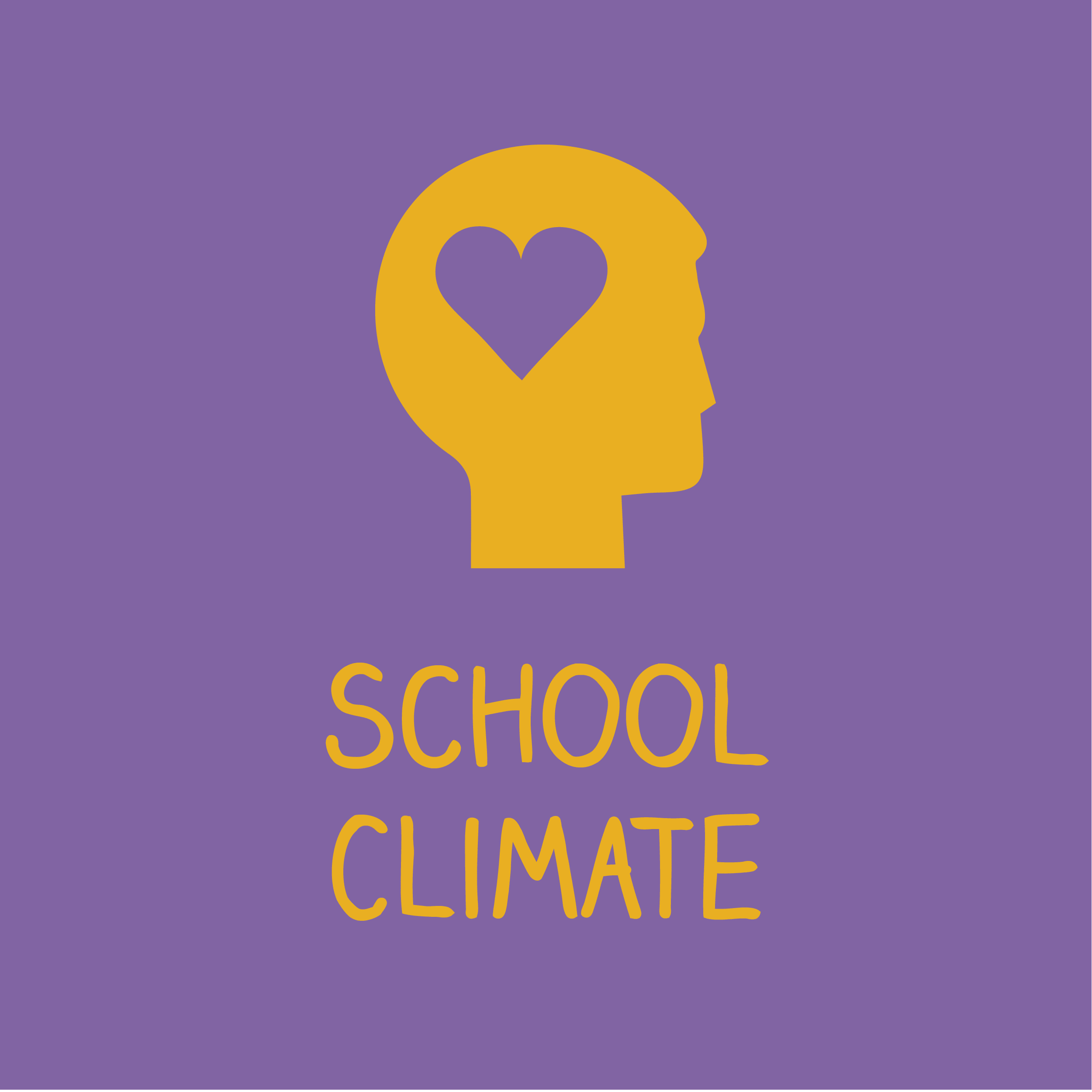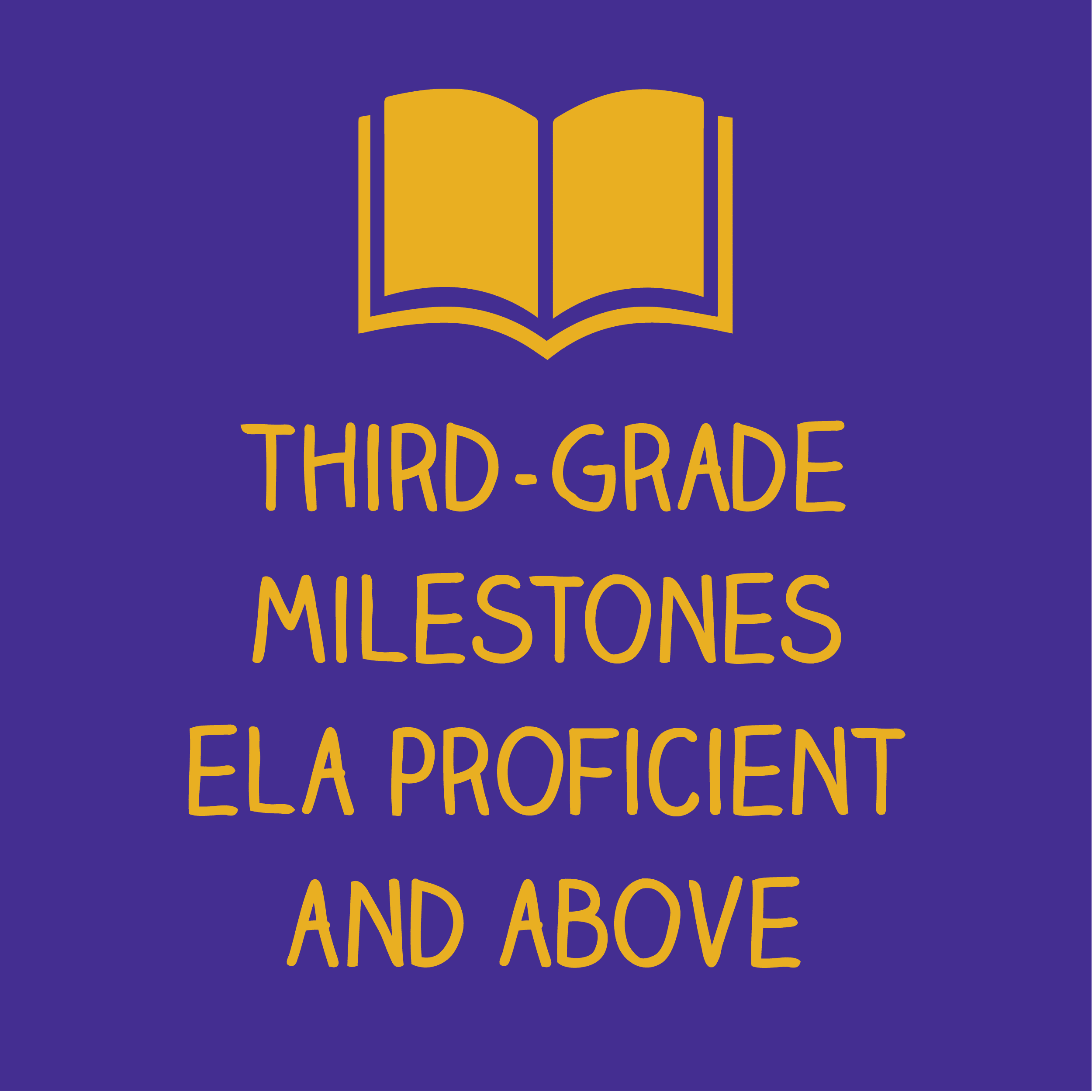
All caregivers and educators are equipped with evidence-informed skills to effectively engage all children through developmentally responsive practice.
The Expectation
Teachers provide high-quality, evidence-informed instruction and effective learning experiences tailored to the needs of each child. Early childhood teachers view themselves as change makers rather than caretakers and receive the training they need to effectively realize and sustain this shift. Pre-service programs for teachers of children ages 0-8 equip teachers with the skills and knowledge to meet the literacy needs of all students in a developmentally appropriate manner. System and school leaders are committed to assuring teachers have the skills and resources to be effective, and each teacher is accountable for their own professional development. Teaching practices are monitored, and teachers are provided feedback and coaching that supports continuous improvement.
The Why
Strategies for supporting language acquisition, improving early learning and elementary school environments, and increasing alignment of curriculum and teaching methods from preschool through third grade are just some examples of the Campaign’s approach to get all children on the path to literacy.
The Science
Preparing, supporting, and sustaining effective teachers of children ages 0-8 can equip teachers with the skills and knowledge to meet the literacy needs of all students in a developmentally appropriate manner. Teachers’ learning develops across a career, and teacher leaders take on many roles as their career progresses. The quality of teachers who enter into the profession is improving; however, too often, our most experienced and effective teachers leave the profession early—mostly due to workplace conditions. Teaching experience is associated with student achievement gains throughout a teacher’s career. Experienced teachers benefit their peers and novice teachers, and gaining experience at a particular grade level makes students more likely to achieve academic success.
High teacher turnover especially harms student achievement in schools serving low-income communities—which accounts for over 60 percent of Georgia’s public school students. Turnover can be addressed through several policy levers: leadership development (e.g., organizational management, fairness, deliberate orchestration of distributed teacher leadership), learner-centered professional learning, and time to engage in collaborative professional learning. Differential pay has been studied, and results vary as to whether this policy lever would be successful. Recent studies suggest that differential pay can attract new teachers but may not keep good teachers.
Teachers know what’s helpful and hurtful to their learning. They suggest professional learning that is:
- personalized to their needs;
- sustained over time;
- coordinated by a peer who knows their context well;
- collaborative with professional learning communities; and
- focused on students rather than compliance to rules, preset instructional sequences, or scripts.
What’s needed to move the needle on literacy learning is not so much a specific proposal but instead a reliable approach to reform generally—a way of grounding these efforts within a research-validated perspective. Learning to teach literacy well involves understanding three key principles:
- Learning to read and write occurs in societies that shape whether and how reading and writing will be valued. Social and cultural aspects of literacy shape how texts appear, what’s learned with texts, and how learners approach literacy learning. There are many pathways to literacy development.
- Understanding how literacy develops is essential to teaching literacy.
- Effective reading instruction is shaped by principles of practice. There is no singular “best method” for teaching literacy.
The Value
We believe teachers of children from birth through age 8 must engage and inspire all children to love learning and reading so that they will be able and love to read and learn throughout life.
How Are We Doing?
Check out this population-level data related to teacher preparation and effectiveness.
Learn from the Experts
Applying the Four Pillars: Teacher Preparation and Effectiveness
Nicole Patton Terry from the Florida Center for Reading Research highlights considerations for motivating change in teacher preparation and effectiveness as you plan your strategy for community partnership to improve literacy.
How Are the Children?
Ellyn Cochran, then United Way of Greater Atlanta’s senior director of Early Learning and Development, says all Get Georgia Reading Campaign communities need to rethink this question when assessing children’s well being.
Fueling A Love of Learning
Emily Rubin, then the director of Marcus Autism Center’s Educational Outreach Program, emphasizes the importance of creating a positive learning environment where social-emotional engagement is the fuel for a child’s learning.
The Power of One
Hayward Cordy, then executive director of the Oconee Regional Educational Service Agency, says that poverty, disability, race, and gender do not define a child’s destiny—and just one supportive voice can change a whole life’s trajectory.
Reading Can Remove the Yoke of Poverty
Hayward Cordy, then executive director of the Oconee Regional Education Service Agency, says we can’t talk about reading without talking about poverty—and the question we must answer is not, can we, but will we give children of poverty hope?
The Power and Magic of Reading and Learning
Sara Lee Crumbs, Quitman County Family Connection coordinator, says something magical happens when likeminded individuals who believe in the power of learning and literacy come together and decide to meet parents where they are.
Leading Literacy and Advancing Learning in Clayton County
Ebony Lee, Clayton County Public Schools assistant superintendent, details a solution-oriented approach to ensuring more students receive a “master key”—literacy—that unlocks potential and pathways to successful, productive lives.
Healthy Relationships Build Strong Leaders
Emily Rubin, then the director of Marcus Autism Center’s Educational Outreach Program, shares the importance of creating a positive learning climate where social-emotional engagement is the fuel for a child’s learning.
Helping Teachers Excel in Literacy Instruction
Martha Ann Todd, president of Columbus Technical College and a former teacher herself, has a plan to help support and hold accountable the reading teachers of Georgia’s youngest students.
Make Time to Teach Teachers
Caitlin Dooley, then GaDOE deputy superintendent for curriculum instruction, talks about what you should see and hear in classrooms when there’s good instruction—and one strategy we can use to help teachers get to that point.
What’s Happening?
Your stories are important! Share them with us and inspire others to take action.
Partner Resources
- Curriculum, Instruction, and Assessment: The GaDOE offers teachers rigorous standards, quality instructional resources, and online professional learning materials to prepare students for graduation and postsecondary college and career opportunities.
- DECAL Scholars: Early childhood professionals receive support in continuous learning through academic pursuit, training, technical assistance, and mentoring.
- Georgia Early Learning Development Standards (GELDS) Toolbox: Bright from the Start: The Georgia Department of Early Care and Learning (DECAL) offers supplemental resources to support early learning programs in implementing the GELDS.
- Georgia Pathway to Language and Literacy: This resource for deaf and hard-of-hearing children, their families, and their community provides information about how to locate statewide programs and partners, access services, and obtain resources for families and professionals.
- Georgia Reads Community Awards: Through this competitive grant administered by GOSA, the Georgia Council on Literacy is recognizing community partnerships that have set and made progress towards goals for literacy improvements in recent years.
- GeorgiaStandards.Org: This free website provides information and resources to meet the educational needs of students as well as enhance and support teaching and learning of Georgia standards.
- Governor’s Reading Mentors Program: Literacy Language Specialists (LLSs) work with participating schools to facilitate the change needed to strengthen current instructional practices and train teachers and administrators on new practices to help more students read at grade level by the end of third grade. View a list of currently awarded districts served by LLSs.
- Inclusion Services: DECAL offers resources and documents that help support early care and education providers’ successful inclusion of children with disabilities in early care and learning programs.
- Innovation in Teaching Competition: Beyond the Textbook: This competition promotes excellence in the classroom by recognizing and rewarding educators who are using innovative strategies to advance student achievement, and then making videos of the winning teachers, along with their unit plans and supplementary materials, available to all Georgia educators.
- Literacy for Learning, Living and Leading in Georgia (L4GA): This competitive grant is administered through the Georgia Department of Education (GaDOE) and offers a unique approach to improving literacy by unifying community-driven action with research-proven instruction. It encourages districts to establish partnerships that utilize evidence-based practices with proven success for improving student learning, teacher learning, classroom literacy instruction (birth through grade 12), school climate, family literacy, and community-school partnerships.
- Read Right from the Start and its Cox Campus: A robust set of free online courses and resources designed by the Rollins Center for Language and Literacy for families, educators, education leaders, and healthcare professionals.
- Regional Educational Service Agency (RESA) Growing Readers Program: This K-3 literacy professional learning grant is administered through GOSA and aims to provide consistent, high-quality professional learning to teachers on effective reading instruction to help more children read at grade level by the end of third grade.
- Safe and Drug-Free Schools: The Office of Whole Child Supports at Georgia Department of Education (GaDOE) provides teachers, administrators, and communities with resources aimed at addressing student barriers to success such as bullying, suicide, and alcohol and drug use in schools.
- Social Emotional Engagement—Knowledge and Skills (SEE-KS): This professional development model is built around neuroscience-based instructional strategies that help educators integrate social-emotional engagement practices into lesson plans to ensure all children are forming positive relationships that fuel the motivation essential for language and literacy development.
Need more assistance? Check out additional Campaign resources.
Check out the Bibliography of Scholarly & Related Articles.



